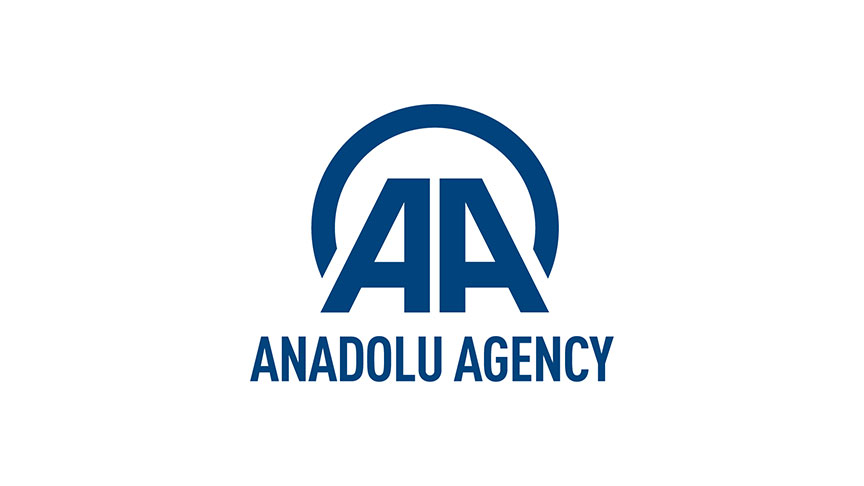- The Writer holds an MSc in Eurasian Political Economy & Energy from King’s College London and also an MA in European Studies from Sabancı University.
As well-established decisive players in the financial world, sovereign wealth funds (SWF) have been recognized as dominant economic participants globally. Their increasingly ambitious policies in a variety of sectors have continued to garner attention, and in some cases, have prompted political reaction in countries with advanced economies. With the intention of addressing political repercussions, a group of 26 sovereign fund managers from across the world gathered in 2008 under the umbrella of the International Working Group (IWG) of Sovereign Wealth Funds and signed the “Generally Accepted Principles and Practices (GAPP)”.
In this voluntary code of principles, which covers 24 distinct practices and principles in three major fields, known as the “Santiago principles,” appropriate governance, accountability and transparency are specifically targeted. Therefore the commitments agreed upon in the Santiago principles will be critical tests for the viability of this new form of governance. Should these principles be implemented and adhered to in a sluggish manner, the overall risk exposure of SWFs could well increase or even be devalued as a financial tool.
The main motivation behind the GAPP is that any investment decision should include financial and economic considerations but rule out any political motives. In this regard, it is argued that SWF’s have consciously agreed in signing the GAPP to limit their own control of their own funds, and to some extent, have limited reach of their funds’ sovereignty.
It should also be noted that within the framework of the Santiago principles accepted by 26 countries, each principle and practice can only be implemented and subject to each home country laws and regulations, and therefore, implementations are left to individual members of the IWG’s. During the draft process, principles were formulated on the basis of collective action while the responsibility for their implementation was left to individual IWG members. This has raised the question as to why the execution of the principles are left to each individual member rather than been overseen in a collaborative manner.
The SWF’s principles have been agreed in three key pillars, and cover the following:
a) A legal framework, objectives and coordination with macroeconomic policies;
b) Institutional framework and governance structure
c) Investment and risk management framework
Although, it is not the intention to cover all aspects of the Santiago principles, however, it is relevant to address some crucial points to better grasp the motives behind the GAPP agreement.
The most important principle in the agreement was aimed at ensuring transparency through the creation of a stable and open investment environment. The GAPP offers a promising contribution to the global common good through playing a constructive role in global projects, which go beyond the reach of individual businesses. And this role would vary from taking wide-ranging roles in economic development projects to engage in sustainable environmental programs pursued by institutions such as the World Bank or the European Bank for Reconstruction and Development.
IWG members also agree to facilitate research and knowledge dissemination under the established secretariat, with the intention of stimulating informed debate, which would be driven by academic analysis. As a result, a substantial body of research would also serve as a watchdog and thus diminish criticism over the role that SWF’s play in the financial world.
IWG members also consider that a group of experts should be gathered under a standing group for the creation of unique knowledge and the acquisition of helpful advice from former policy makers, investment professionals as well as academicians. This standing group would be engaged in risk management, public relations and investment strategies.
In its prominent publication, the International Forum of Sovereign Wealth Funds case study released in 2014, reported that 15 cases of countries with high democratic credentials have shown high levels of commitment, while other countries with relatively lower levels have either partially fulfilled commitments or are not on track to fulfill the agreed GAPP obligations. The top performers included SWF’s of New Zealand, Australia, Ireland and Norway. The high score could be attributed to their achievement in their detailed financial positions, governance arrangements as well as their clearly revealed investment policies. The bulk of some other SWF’s provide basic information, but they struggle to reveal how their checks and balances operate, and therefore the level of compliance remains short of the mark.
Therefore, the report suggests that the implementation of principles has been disparate and the earlier spirit has been somewhat lost due to the ensuing world financial crises in 2008 and the subsequent power shift in the world economic order. With the absence of a governing authority that can enforce the principles, and as each SWF’s act on their own in accordance with their individual agendas, improving compliance across the signatory countries could possibly remain patchy in the years to come.
- Opinions expressed in this piece are the author’s own and do not necessarily reflect Anadolu Agency's editorial policy.


